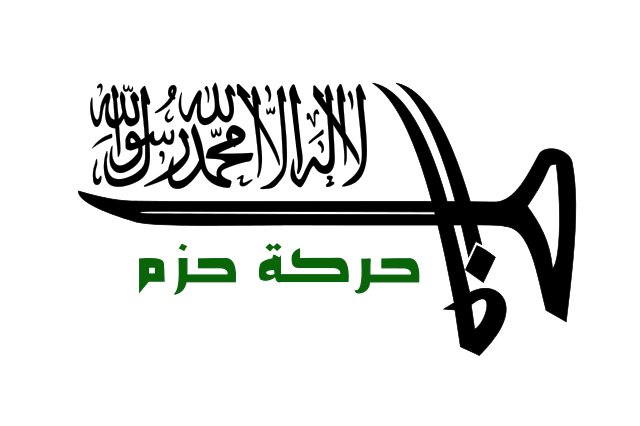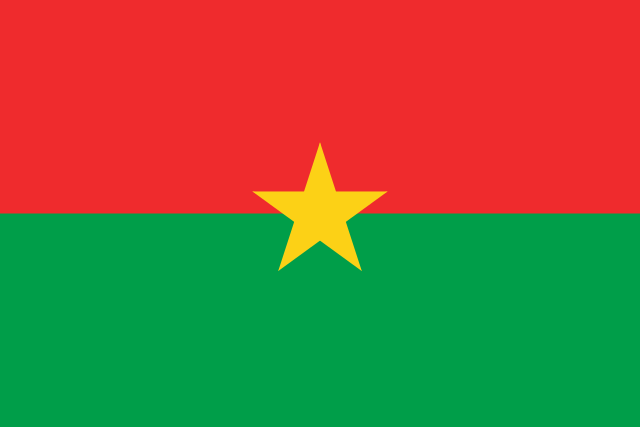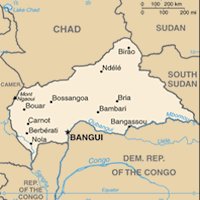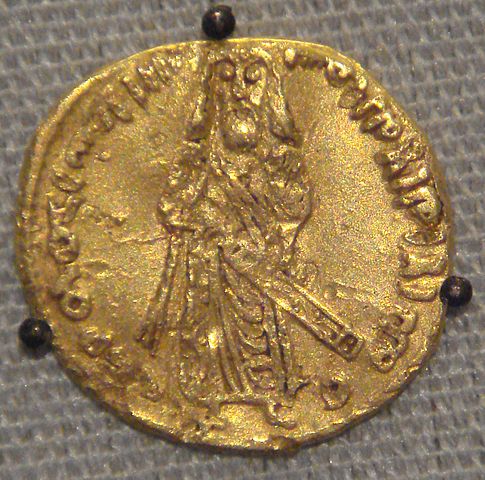Michel Kafando, a longtime high-level Burkinabé diplomat, has been picked as the “consensus” interim president of Burkina Faso by the selection committee. The 72-year-old will fill the role of Acting President, appointing a prime minister to lead a 25-member cabinet, until the regularly scheduled November 2015 elections are held. He is expected to take office Friday, November 21, exactly three weeks after President Compaoré’s resignation.
From the France24 news report:
“The committee has just designated me to guide temporarily the destiny of our country. This is more than an honour. It’s a true mission which I will take with the utmost seriousness,” Kafando told journalists after his appointment.
Kafando served as the country’s ambassador to the United Nations from 1998 to 2011. Previously he was Burkina Faso’s foreign affairs minister […]
A committee of 23 officials chose him over other top candidates […] His candidacy was proposed by the army.
I’m a little troubled that the Army’s nominee — who was also a 13-year Compaoré appointee as UN ambassador — was chosen as interim president by the selection committee.
Additionally, a French-language news report by Burkina24 suggested that the entire “short list” of five names had been submitted to the selection committee by the military, contrary to Sunday’s reports that a number of interest groups would be submitting candidates. Perhaps the military narrowed that list down to something more manageable, but it would constitute interference all the same. According to the Burkina24 report, the religious and traditional groups did not make any nominations (indeed the Roman Catholic Church repudiated the nomination of Archbishop Paul Ouédraogo to the short list).
Of the remaining three, the selection committee also passed over two news media publishers and a widely-mentioned frontrunner, Joséphine Ouédraogo, a cabinet minister in the revolutionary Sankara government of 1983-1987. The latter was the final runner-up against Kafando, according to Burkina24.
Former Ambassador Kafando has the unusual credential of being a high-ranking appointee under at least three governments, theoretically at odds with each other. In 1981 and 1982, he served as Upper Volta’s Ambassador to the United Nations (pre-name change), as an appointee of the Colonel Zerbo military government of 1980-1982. (Zerbo, in addition to various criminal actions and anti-leftist policies, supposedly later became a Compaoré adviser following the latter’s 1987 coup that displaced the leftist Sankara government, which initially was very anti-Zerbo.) From September 1982 to August 1983, and as the only continuing member from the previous administration, Kafando served as Foreign Minister in the short-lived military government of Major Jean-Baptiste Ouédraogo that had overthrown Zerbo. That government was overthrown in turn by Captain Sankara in August 1983. Kafando then appears to have left government for over a decade, spending at least part of the late 1980s in France obtaining his PhD at Paris-Sorbonne University, before returning to the UN posting in 1998 under Compaoré.
Perhaps this eclectic resume of administrations served under actually demonstrates an ability to work easily with a range of competing factions. Certainly, he is relatively well known by the international community due to these diplomatic postings (including to the UN Security Council), which is probably a plus for an impoverished country reliant on foreign assistance and involved in various security agreements.







